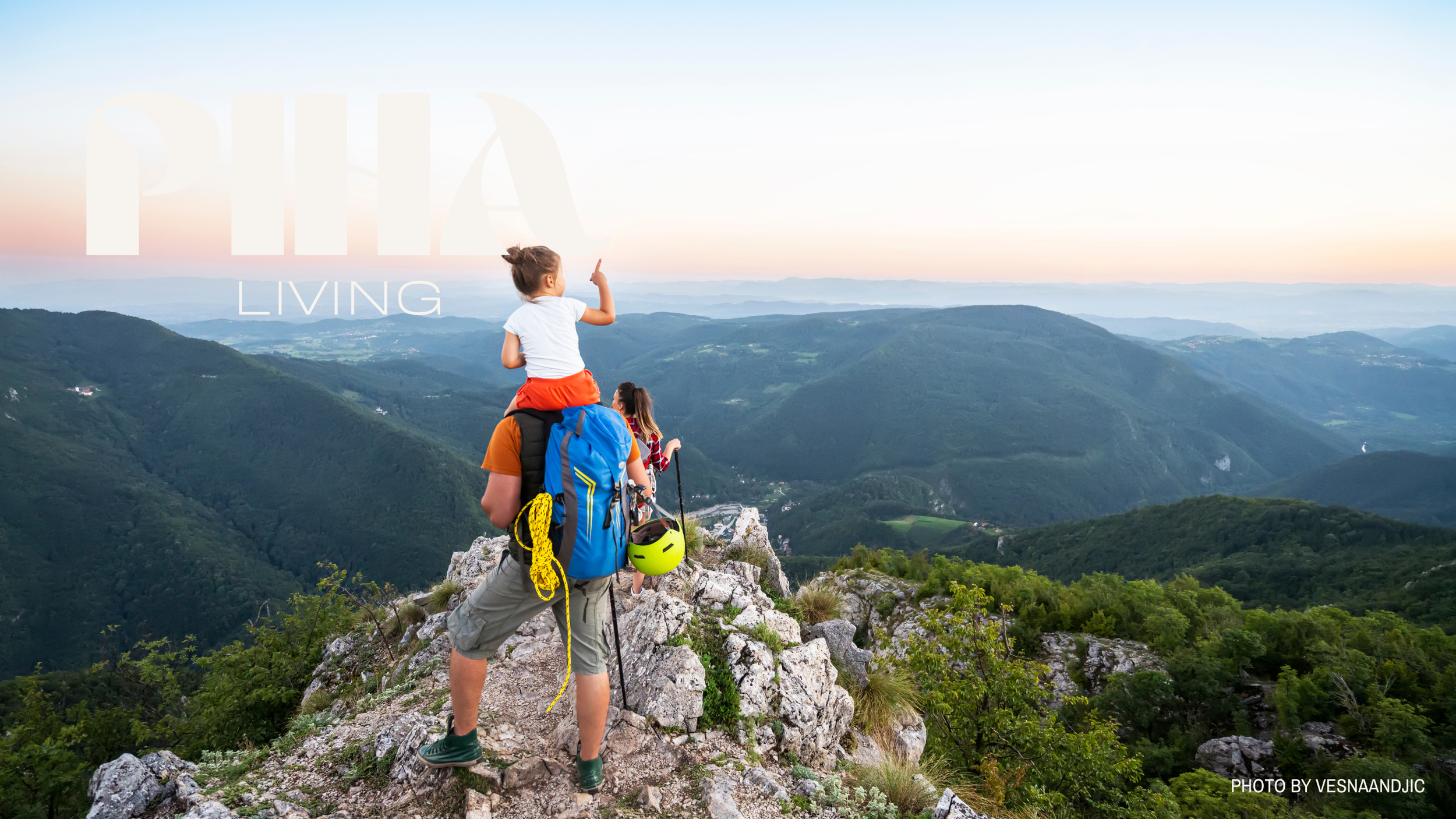Raising Eco-Aware Kids Through Everyday Habits
Our kids will one day be responsible for the world we live in, so helping them establish conscientious habits early is our way of passing the baton with grace. But let’s be real, we need simple ways to inspire green habits in our kids so that it actually sticks rather than flooding them with ideas that don’t connect. Despite how the adult-to-child structure-of-old looks like with dictating rules to kids, kids learn most by watching rather than being told. Additionally, consistency is wildly more effective than shame or correction. For things like saving animals, protecting trails, or keeping oceans clean, we can make green living look effortless so that our kids copy it naturally.
Here are a few ideas for establishing eco-centric habits in everyday life:
Turning off lights together
Turning off the lights isn’t life-threatening, and leaving them on is not evil, so I prefer to keep this exciting. Every light you turn off saves electricity — and most electricity in the U.S. is still generated from fossil fuels (like coal or natural gas). Less demand = fewer emissions. The average household could cut hundreds of pounds of CO₂ emissions annually just by switching off unused lights. Helping kids understand “electricity = energy = emissions” helps them to also start understanding that resources aren’t limitless — a foundational eco-awareness concept.
This small, visible act becomes a daily ritual of care. It reinforces that sustainability isn’t about grand gestures — it’s about a thousand small, consistent ones.
Biking or walking
We are lucky to live only a mile from school —and it’s mostly all down mountain—, so it afforded open talk about saving gas from sitting in carline (and the excitement around strengthening our bodies). Whether you live in a walkable area or not, you can find ways to drive a little less and talk about it out loud. Your family probably already organizes errands based on where things are located (I only like to do market errands if it coincides with when I’m at the gym, since they’re across the street from each other). Even if you might not be able to walk between locations, talking out loud about saving gas and energy helps to create mindfulness.
Creative Composting
Used coffee grounds and broken egg shells contribute to great soil for growing plants. The effort also showcases creativity in making sure that nothing (or very little) goes to waste.
Reusables
This goes beyond clever food storage and lunch box systems. With a large family like ours, if we are not careful, the cups can pile up around the house. Whether we forgot where we placed our glass or we were unsure whose cup was whose, the cup usage was out of hand, and the cupboard was empty. Creating a system for the cups helped the kids become aware of water, energy, time, and detergent usage.
Water Canteens Versus Plastic Bottles
Encouraging the use of reusable water canteens is a daily choice against plastic waste. We visited GreenHill Center for North Carolina Arts to see their H2O exhibit with a mammoth, public water bottle “waterfall.” The installation documented the waste stream of our society and was enough to drop our jaws and reach our arms to stainless steel alternatives.
Checking labels for harmful chemicals
From reef-safe sunscreen to non-endocrine-disrupting body lotions, the habit of reviewing labels —even in front of kids who cannot yet read—is a habit that will absorb into their subconscious.
Leave no trace
Before our stop in Japan, my family and I researched so that we could make the most of our very short time in the city. We learned the train routes and how much money to exchange, but to our intrigue, we discovered that they do not have rubbish bins around the city! Everyone is expected to handle their own rubbish, even if you purchase street food. We learned to carry a sack with us for any small rubbish items, and it made us more mindful because we didn’t want to carry around a giant waste bag. This expanded our trail rule of “leave no trace” beyond the forest and into the city. The kids watched us ensure nothing was left behind on public tables and learned to double-check before they walked away.
The idea is not eco-friendly perfection, but to develop conscientious living in our kids through lifestyle habits. The most sustainable thing we can give our kids is the belief that their actions matter, no matter how seemingly small.
What planet-friendly habits does your family live by? Please write in, I would love to hear! DM me via social media.

